INTRODUCTION
Rivaban 10 Tablet is commonly used in patients with irregular heart rhythm (atrial fibrillation) to prevent clot formation. It also reduces the risk of getting clots in people who have undergone knee or hip replacement surgeries. It should be taken with food and it is best to take them at the same time each day. You may need to take this medicine for many years, even for life in some cases. Do not stop taking it or change the dose without guidance from your doctor. It could quickly put you more at risk of having a heart attack, stroke, or thrombosis (formation of a blood clot within a blood vessel). You can reduce your risk of having a blood clot by making changes to your lifestyle, such as not smoking, eating a healthy diet, getting regular exercise, and losing weight if you need to.
The most common side effect of Rivaban 10 Tablet is bleeding more easily than normal, for example, having nosebleeds or bruising. If you experience any symptoms, tell your doctor immediately. Do not take this medicine if you have severe kidney or liver problems, if you are currently bleeding or if you are taking other medicines to reduce blood clotting. You should not breastfeed while using this medicine. Unlike other anticoagulants, a regular blood test (PT-INR) is not required while taking this medicine.
USES OF RIVABAN TABLET
- Treatment and prevention of Blood clots
BENEFITS OF RIVABAN TABLET
In Treatment and prevention of Blood clots
Rivaban 10 Tablet can help prevent or reduce damage caused by stroke, clots in your lungs (pulmonary embolism) or other blood vessels (thrombosis). It can also make it less likely that parts of a clot will break off and travel to other parts of the body. You should take it regularly and make appropriate lifestyle changes to help this medicine be effective.
SIDE EFFECTS OF RIVABAN TABLET
Common side effects of Rivaban
- Bleeding

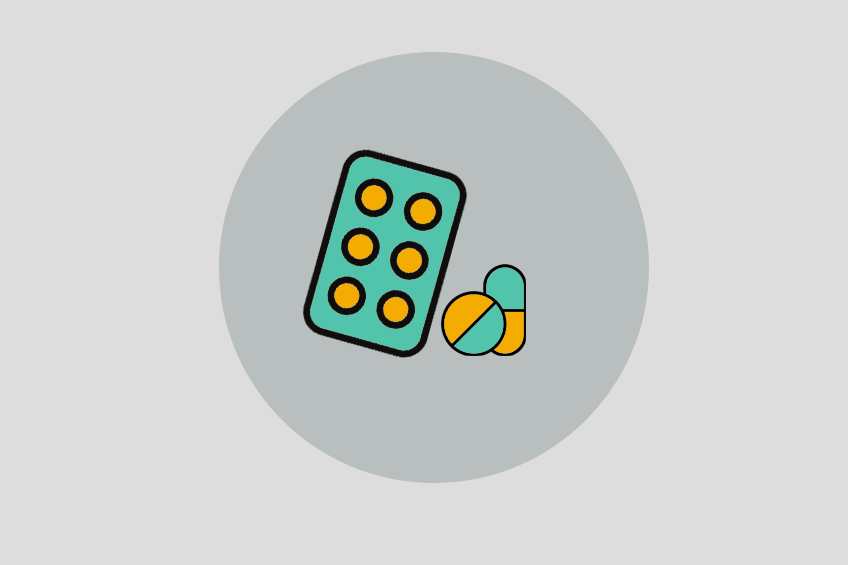
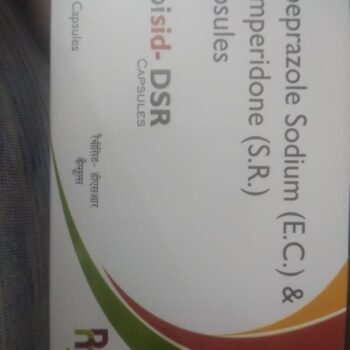

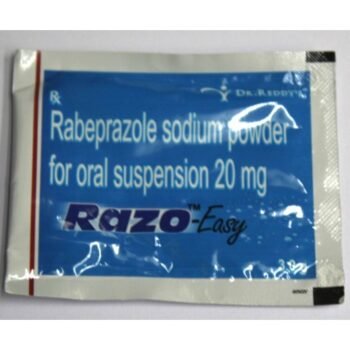

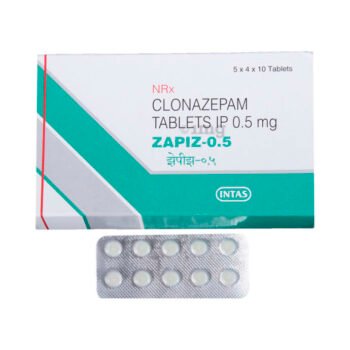
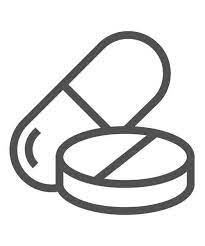
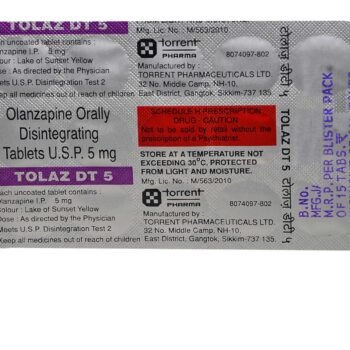


Reviews
There are no reviews yet.